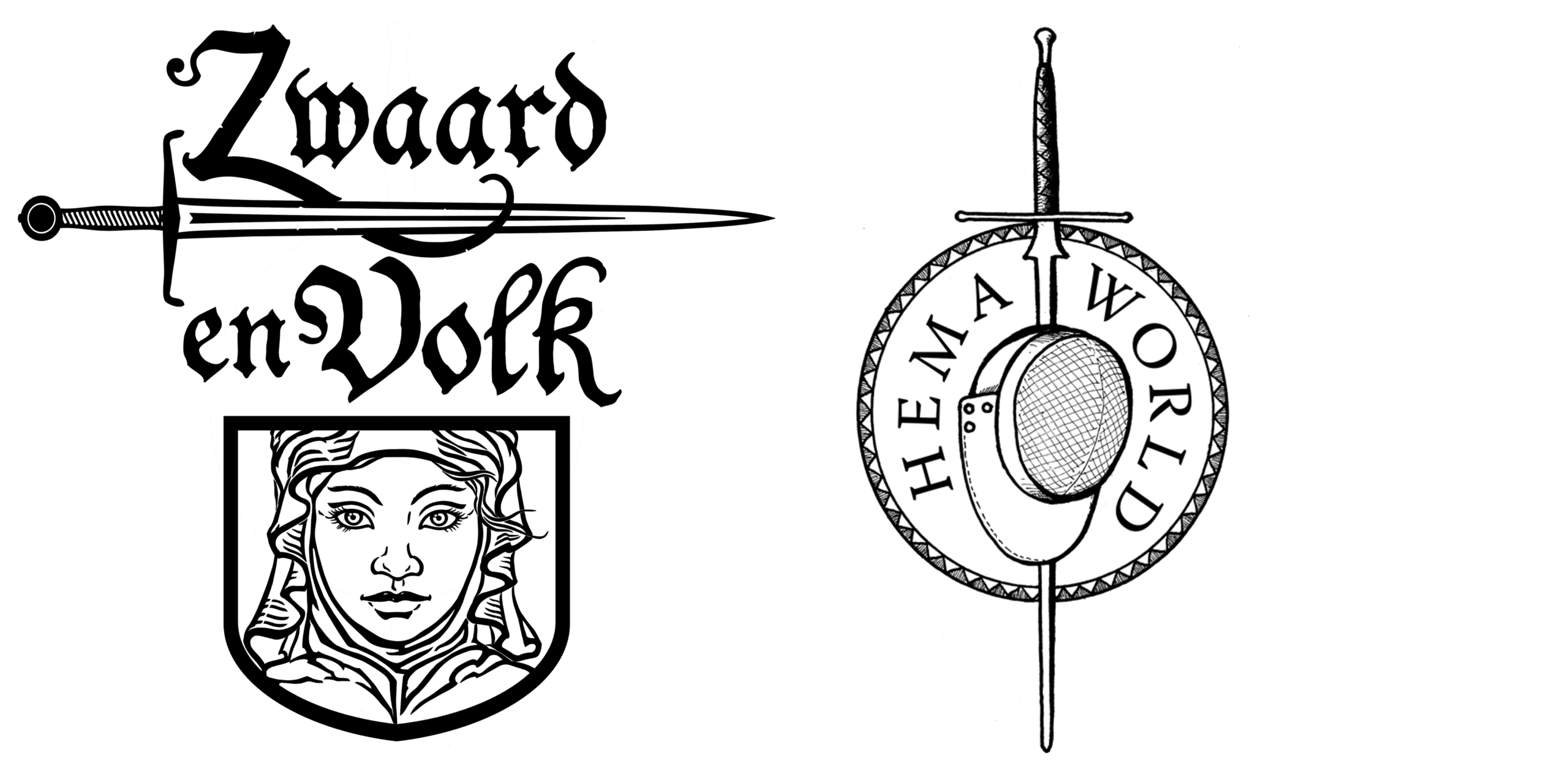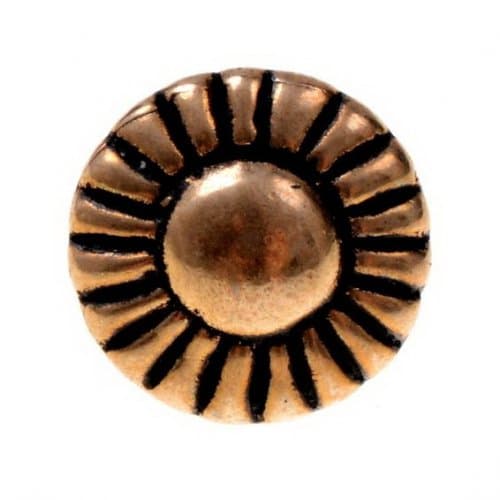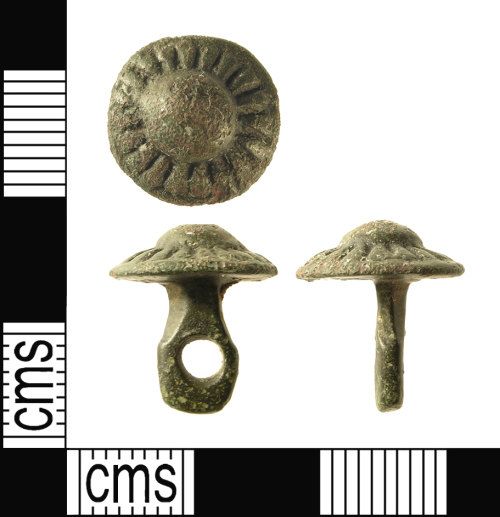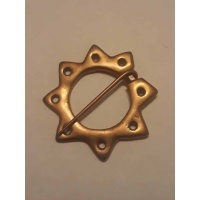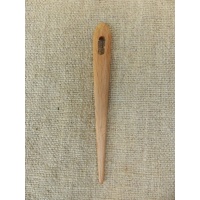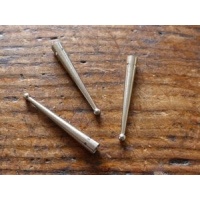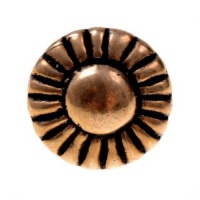Description
Medieval bronze button in flower shape.
Vaguely reminiscent of a flower, this beautiful replica of a medieval bronze button is made after a model from England dating from 1450 to 1600.
Buttons in the shape of flowers are often found in the finds of the Middle Ages and were typical of the clothing of this time, when long rows of buttons for decorative closure of clothing were fashionable.
With the sturdy molded eye at the bottom, the medieval pewter button can be attached to the garment with just a few stitches.
The bronze button has the dimensions: 1.1 x 1 cm. The eyelet is 1.5 mm wide.
The button appeared quite late in Europe and was mediated by Eastern influences through trade routes across the Mediterranean to the north, but was hardly widespread before the mid-13th century. The button was often spherical in the Middle Ages, but flat buds were also common. The medieval buttons were not perforated, but had a small eyelet at the back with which the button could be sewn onto the robe. In the Middle Ages buttons were often made of tin, but buttons made of brass, bronze and even silver have been proven. In contrast to today, in the Middle Ages the button was tied to the hem of the robe and closed with an eyelet on the other side.
